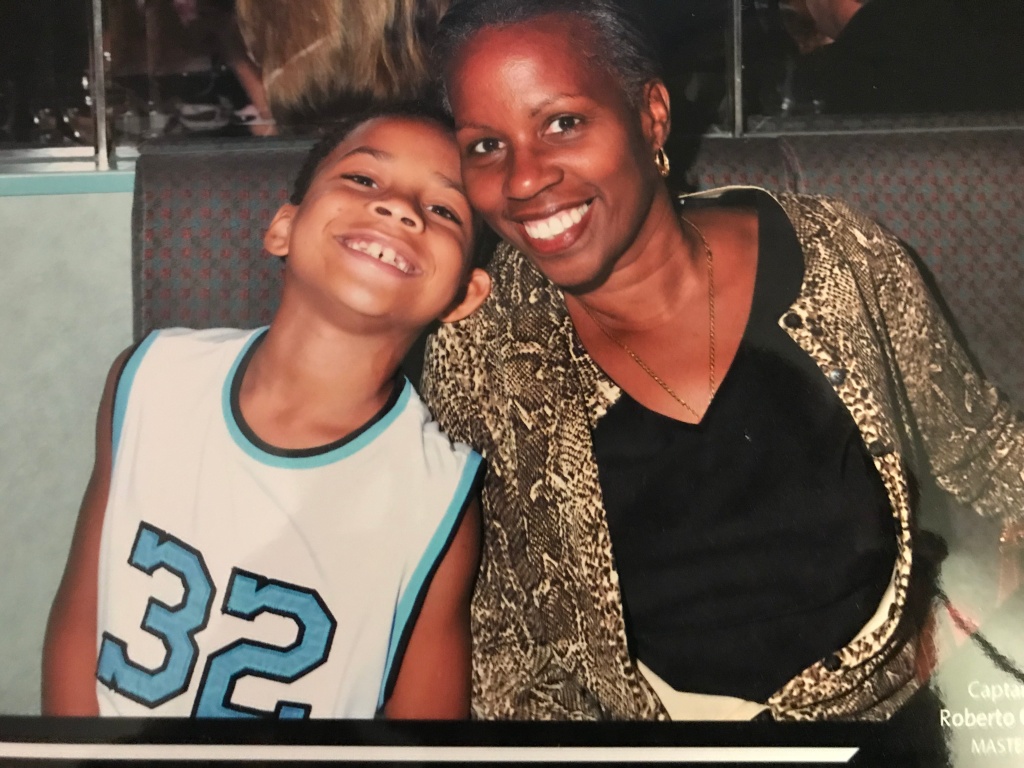The “Sandwich Generation” is a term frequently used to identify a growing segment of the population “sandwiched” between the needs of their aging parents, adult children and/or children. “Club Sandwich” refers to anyone “sandwiched” between parents and children in...

The “Sandwich Generation” is a term frequently used to identify a growing segment of the population “sandwiched” between the needs of their aging parents, adult children and/or children.
“Club Sandwich” refers to anyone “sandwiched” between parents and children in addition to grandparents and/or grandchildren.
Many of the sandwich generation work full-time, spend countless hours a week on direct care for aging parents in addition to working and caring for their children.
Generally, members of the sandwich generation are between 40 – 60 years of age BUT with the advent of modern medicine that age group as well as their parents are getting older. Centenarians, once a rare occurrence have become increasingly more common as we celebrate the passing of the 100 year mark with more and more citizens every day.
Celebrating such a milestone is not without challenges. Even in the best case scenario, which of course, includes good physical and mental health, independent living is not always achievable. The impact on the family can range from weekly visits, phone calls, and wellness checks to full-time caregiving for a parent(s) with significant cognitive or physical impairments.
Have we prepared ourselves for each and every scenario? Have we had “the talk” with our parents while they are in good cognitive and physical health? What exactly does “the talk” consist of?
Here are a few examples: What are your parents retirement plans? Do they have enough money to fund their retirement? Do they have a pension? Long term care insurance? Do they own their own home or is there a mortgage? Can they afford to live in their home after they retire? Do they have a living will? Do they have an estate plan in the event of their death? Have they designated a Power of Attorney (POA)? Do they want to be cremated or buried? Where would they like to be buried or in the the case of cremation scatter their remains? What about their possessions? Who get’s what? If they have remarried and there is a “step” family all of this becomes exponentially complicated.
For those of us who are of a certain age, we need to have “the talk” with our adult children as well and provide them with the answers to these vitally important questions.
I remember vividly the day my mother wanted to have “the talk” with me and I emphatically declined. “Not now” I said, “we’ll talk about it later”. My denial was enormous and as you could guess, “the talk” never happened. Many of us, both parents and adult children alike, are uncomfortable talking about finances, declining health and/or end of life. Many of our aging parents were acculturated to keep finances a well guarded secret. This “secret” can have significant impact on the lives involved. There is a saying that one parent can take care of 10 children but 10 children cannot take care of one parent and sadly this statement is true more often than not. Without a detailed action plan, one person in the family, however well intentioned and loving, bears the lion’s share of responsibility for their aging parent. Respite care both physically, emotionally and financially by all members of a family is an absolute necessity to not just cope but thrive.
In order to minister to the needs of others especially our loved ones we need to nurture ourselves first. We can’t give from an empty well. Putting ourselves first is not a selfish act it is essential for our own mental and physical well being to factor time into our day, even if it’s only 30 minutes, to read, take a walk, have a nice dinner, meet a friend, or luxuriate in a bubble bath to decompress. Siblings do not get a pass. Everyone in a family has something concrete to offer whether it’s chipping in for a weekend getaway for the caregiver, sharing responsibility for the care of the parent, contributing to the cost of a healthcare aide, or taking turns visiting loved ones in an assisted living facility or memory care unit so the primary caregiver can have some semblance of normalcy with their own nuclear family.
The sacrifices of the sandwich generation can seem insurmountable at times but with proper planning, education, guidance and support the benefits, blessings, love and memories can be absolutely worth it.
If you are a member of the sandwich generation please let us know how you are doing in the comment section below. Any tips, “pearls of wisdom” or advice would be great! We’re all in this life together…. after all it takes a village…..


